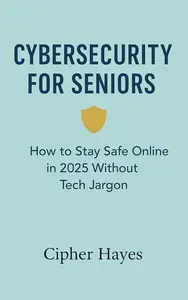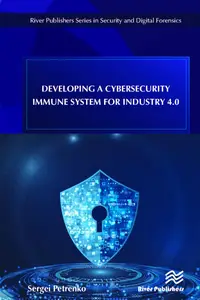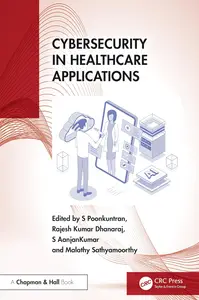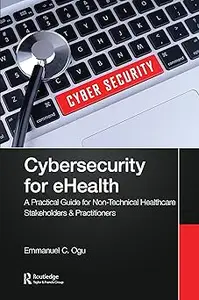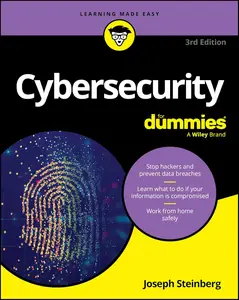
Free Download Cybersecurity for Businesses: What managers need to know by Alex Bugeja
English | December 22, 2024 | ISBN: N/A | ASIN: B0DR7LM94G | 250 pages | EPUB | 0.64 Mb
"Cybersecurity for Businesses: What Managers Need to Know" offers a comprehensive guide for managers seeking to navigate the increasingly complex world of digital threats. This book provides a practical, jargon-free approach to understanding cybersecurity, moving beyond IT complexities to equip business leaders with the knowledge and tools necessary to effectively manage cyber risks. From identifying vulnerabilities and common attack vectors like phishing and malware to building robust security strategies and fostering a culture of awareness, this book covers all essential aspects of business cybersecurity. Learn how to assess your specific risks, implement appropriate security frameworks, navigate data protection regulations, and secure your networks, endpoints, and cloud environments.
